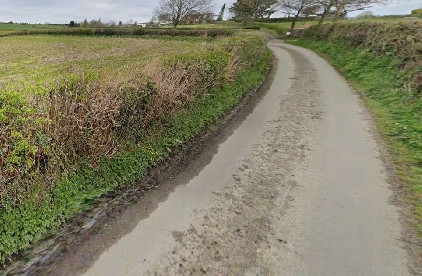
The life expectancy, and healthy life expectancy, of men in Herefordshire has fallen back, and health professionals in the county have been asked to find out why.
This was revealed to a meeting this week of the health and wellbeing board, which oversees health and social services in Herefordshire.
It was contained in the Joint Strategic Needs Assessment for Herefordshire – a statutory document setting out the county’s current and future health, care and well-being needs, which the board approved.
The council’s Intelligence Unit team leader Charlotte Worthy told the meeting: “Previously, Herefordshire has been significantly better than the rest of England for life expectancy and healthy life expectancy, but for males it is now closer to the national average.”
Men in the county can expect to live 79.9 years according to the most recent data – down slightly from five years earlier. Healthy life expectancy, the number of years someone can expect to live in good health, has declined more sharply for men, from around 68 years to 64.1.
For Herefordshire’s women, the figures are currently 83.8 and 66.5 years.
Men born in the most deprived areas of the county can expect to live 9.4 years less than those in the least deprived, females 7.7 years less.
“Covid-19 has impacted all aspects of life, increasing risks and worry for some, and widening pre-existing, deep-rooted inequalities,” the assessment said, and highlighted “areas of persistent deprivation in some urban areas and other hidden pockets”.
Board chair Dr Ian Tait said: “There are some meaty areas to get into there, on why we have lost our cherished status of better-than-average life expectancy.”
The board agreed to investigate why the county appeared to have lost this advantage and how that trend might be reversed.
It also approved the £23 million Better Care Fund plan for 2021-22, with what was officially described as “minimal change”.
These set out joint spending arrangements between clinical commissioning groups (CCGs, the NHS bodies which plan and commission health care services in a given area) and local authorities.
Explaining a change of focus in the plan, the council’s joint strategic finance lead Adrian Griffiths said: “The direction of travel is towards upstream interventions and prevention of admissions to acute beds.
“If you can do things that stop people going to hospital in the first place, then so much the better for everyone.”
Dr Tait said: “As a GP, that’s very welcome.”

 Revealed: The main roads in Herefordshire prioritised for repairs
Revealed: The main roads in Herefordshire prioritised for repairs
 Villagers fustrated over lack of road repairs
Villagers fustrated over lack of road repairs
 New Food and Drink group launched at online event
New Food and Drink group launched at online event
